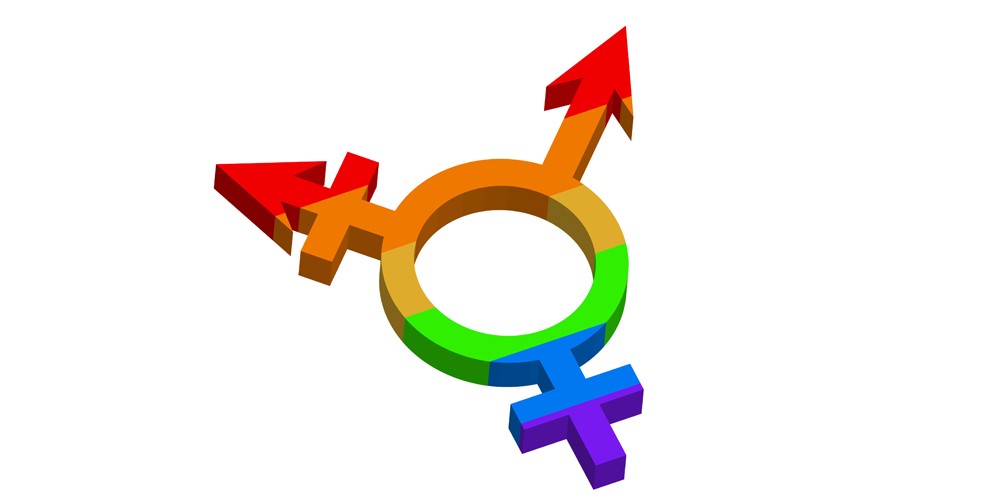
So far the Pakistani society has allowed space for the LGBT people to coexist merely because as long as they stay under wraps, the mainstream social structure will remain intact

Over two years ago, a reputed professional was murdered in Karachi under unique circumstances.
Newspaper reports carried limited disclosure of the details surrounding the event that were inextricably linked to the victim’s sexuality.
His preference for the same sex was an open secret among his relatives and colleagues. But the matter was hushed up for two reasons. First, his family would have had to bear the stigma attached to his sexual orientation. Secondly, there was the compassion-borne notion that the memories of a deceased should not be tainted.
Considering the consequences of publicly disclosing the details, it was necessary to keep a lid on the matter. In conservative Pakistan, such cases will continue to be dealt with in a similar manner.
Pakistan was one of the countries that had voted no to the rights of the lesbian, gay, bisexual and transgender (LGBT) people at the UN Human Rights Council last month.
The country’s first website for the LGBT people, queerpk.com, was recently taken down by the telecommunication services -- three months after it was launched. It allowed a platform for the LGBT people and advocated gay rights.
A few months ago, Eiynah NM, a Toronto-based Pakistani artist and blogger, went on to create a post called ‘My Chacha is Gay’, a story about a boy growing up with a gay uncle, in a bid to teach tolerance and acceptance of the LGBT people to the Pakistani children and youth.
The overwhelming response compelled her to publish her work in the form of a children’s book with the help of crowd-funding campaign.
After her book was printed, the author started receiving hate mail every day, some even declaring her worthy of death.
The book has been translated into seven languages: Pashto, Urdu, Arabic, Hebrew, Italian, Spanish and Russian. But the author is still trying to have it published in Pakistan -- a dream unlikely to come true.
A massive earthquake in the northern areas of Pakistan in the year 2005 was attributed by many to a same-sex marriage in the country’s tribal belt.
Similarly, there was countrywide outrage in the year 2007 over the marriage of a transsexual person to a woman in Lahore, and the couple was jailed.
It is not surprising that in a land whose very name describes it as a benchmark of purity, there is an embedded fear of anything "impure".
While every social ill conceivable manages to pass through the Pakistani nation’s psychological strainer, perhaps because of their amalgamation with the society to the extent that they are no longer deemed incoherent with the norms, that which does not conform to the ideological standards of the majority is considered an intolerable impurity.
Therefore, by and large, the presence of members of another faith or even Muslims belonging to a minority sect is a bitter pill to swallow.
But in the case of the LGBT people, the higher levels of diversity are perceived as a threat to the underlying principles governing the country’s orthodox society, explaining the widespread prevalence of homophobia.
In Pakistan, same-sex encounters here and there are common, but only the upper class can adopt the relatively recent phenomenon of "a gay lifestyle".
The implementation of anti-gay laws in Pakistan may not be as strict as in Uganda and Nigeria but, nevertheless, they are there -- particularly in the form of Article 377 of the Pakistan Penal Code.
So far the Pakistani society has allowed space for the LGBT people to coexist merely because as long as they stay under wraps or continue playing the role of outcasts and objects of ridicule, the mainstream social structure will remain intact.
It is only when they will voice their opinions and demand their rights as equal Pakistanis that trouble will start.
But consequences matter little when there is desire for emancipation. Suppression is followed by resistance - it is human nature.